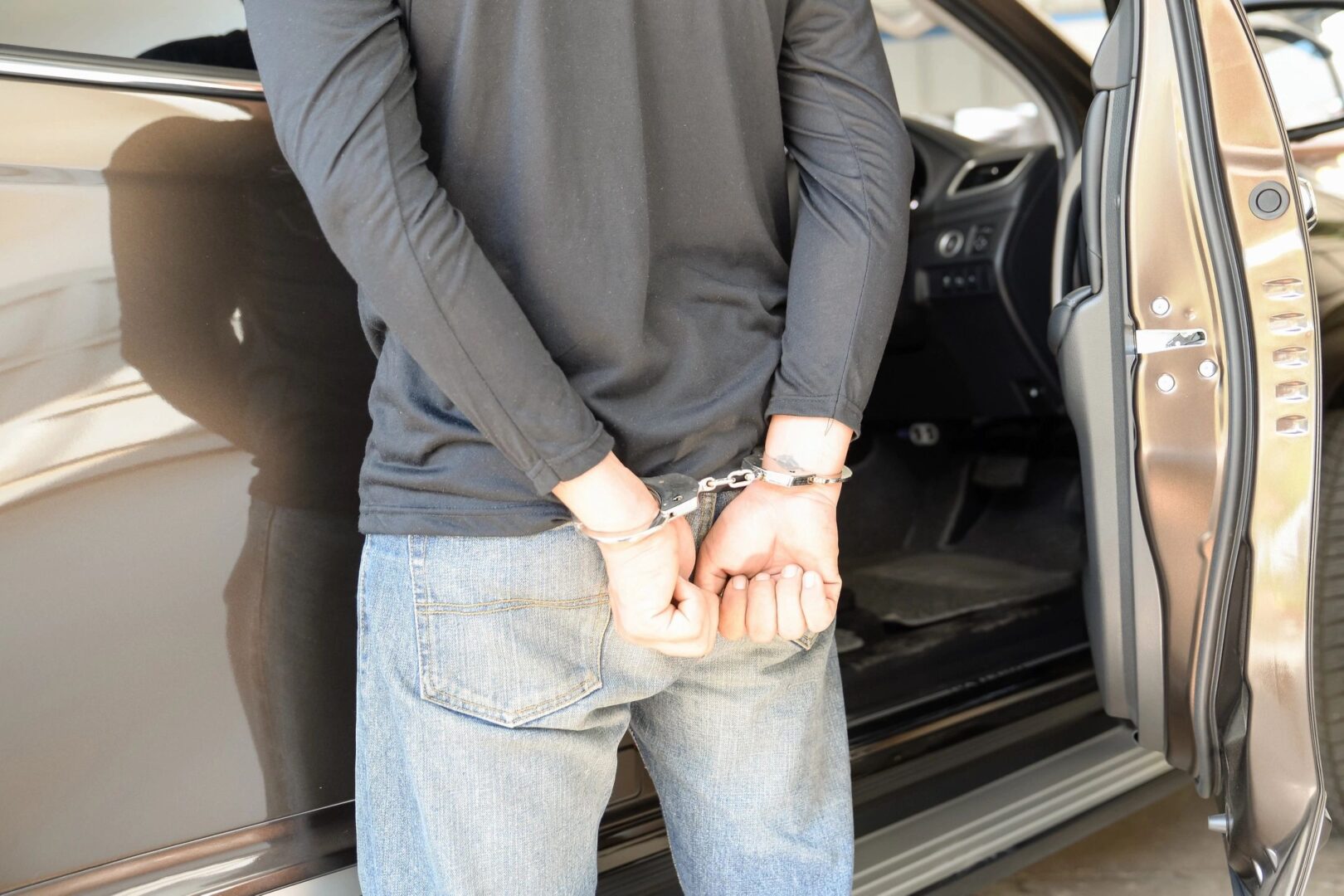DUI, DWI, and Traffic
A Drunk Driving Arrest Does Not Have to Ruin Your Life
Driving under the influence (DUI) and driving while impaired (DWI) are among the most common crimes charged in Maryland. And while it is “only” a misdemeanor, a DUI or DWI conviction can have a major impact on your freedom, finances, and future.
After a DUI or DWI arrest, you face many important decisions, starting with whom you hire to defend you. The attorneys at The Machin Law Firm, LLC, provide the skilled defense you need for DUI DWI, and other traffic offenses in Montgomery and Frederick counties.
Call us right away at (301) 731-2000 for a phone consultation.


We Fight to Spare You From DUI Punishment
Since the passage of Noah’s Law in Maryland in 2016, the penalties for a DUI conviction have become more severe than ever, even for a first offense of drunk driving. It is critical to have competent legal counsel to fight the charges or mitigate the consequences.
As members of the National College of DUI Defense, both of our lawyers are uniquely qualified to represent you in the court hearing on the DUI or DWI criminal charges and in the Motor Vehicle Administration (MVA) hearing on the suspension of your Maryland driver’s license.
We examine every aspect of your case, from the legality of the traffic stop to the field sobriety tests to the breath test administration to the arrest procedures. If we are not able to get the charges dismissed, we explore plea deals, such as probation before judgment (PBJ), that allows you to keep a DUI conviction off your record if you stay clean. Under Noah’s Law, you may be required to install an ignition interlock on your car as a condition of keeping your driving privileges, which is preferable to a “hard suspension” for six months or more.
Frequently Asked Questions

